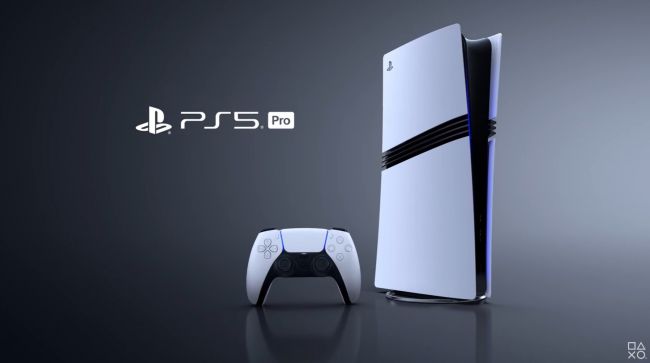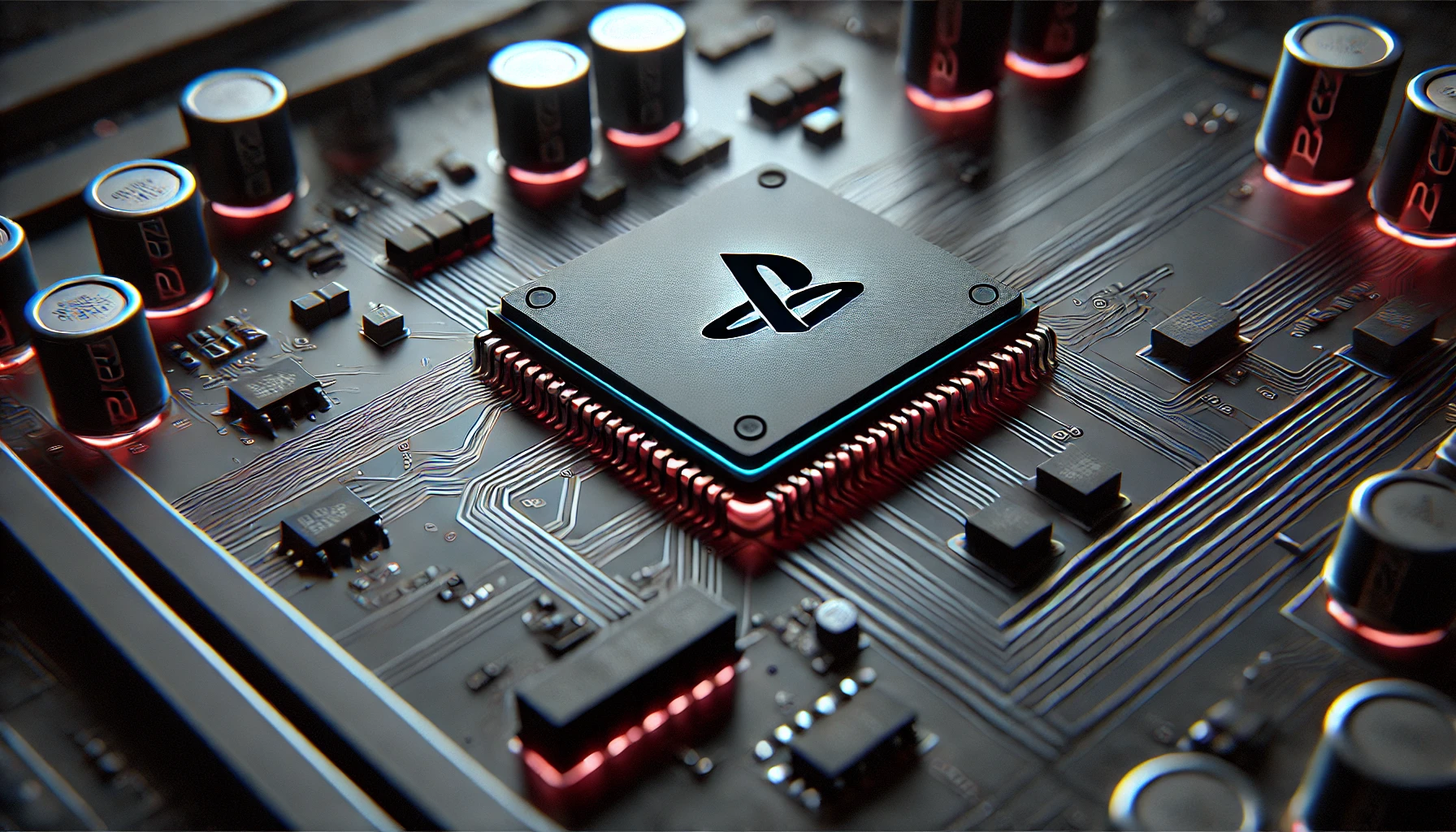Intel was reportedly close to winning the contract to design the chip for Sony’s upcoming PlayStation 6, according to a report from Reuters. Despite strong competition from AMD, which has been Sony’s chip supplier for the last two console generations, Intel ultimately lost the deal. Profit margins and backward compatibility concerns were key points of contention, leading Sony to continue its partnership with AMD in the upcoming PlayStation 5 Pro.

Negotiations took place throughout 2022, involving executives and engineers from both companies, including their CEOs. The sticking point for Intel was reportedly the profit margins, as Intel and Sony could not agree on the earnings Intel would receive from each chip sold. Additionally, the switch from AMD to Intel raised concerns about backward compatibility, a crucial factor given that the PlayStation 4 and 5 rely on AMD hardware. A shift to Intel could have created issues with older games, as consoles require specific hardware and software configurations, unlike PCs where components from different manufacturers are more easily interchangeable.
Intel’s recent challenges with compatibility were also a factor. When Intel launched its Arc A750 and A770 graphics cards, software optimization posed a problem, and similar issues were observed with Intel-powered handheld gaming PCs like the MSI Claw, which underperformed compared to AMD alternatives like the Asus ROG Ally X. These concerns likely influenced Sony’s decision to stay with AMD for the PlayStation 6.
The deal would have been a significant win for Intel, particularly given the company’s ongoing financial struggles. Intel recently reported record low revenue and laid off 15% of its workforce. The PlayStation 6 chip contract was projected to generate around $30 billion in revenue, a much-needed boost for Intel. Despite this setback, Intel has managed to secure contracts with Microsoft and the U.S. Department of Defense, offering some relief. The company will now have to look elsewhere to recover from this loss and refocus its efforts on other sectors to regain stability.
Although Broadcom was also considered during the bidding process, AMD and Intel were the final contenders. In response, Intel stated it disagreed with the characterization of the situation but declined to comment further on the negotiations or potential customer discussions. As the next generation of gaming consoles approaches, the competition between chip makers is expected to intensify, with AMD securing another win in the console market.










